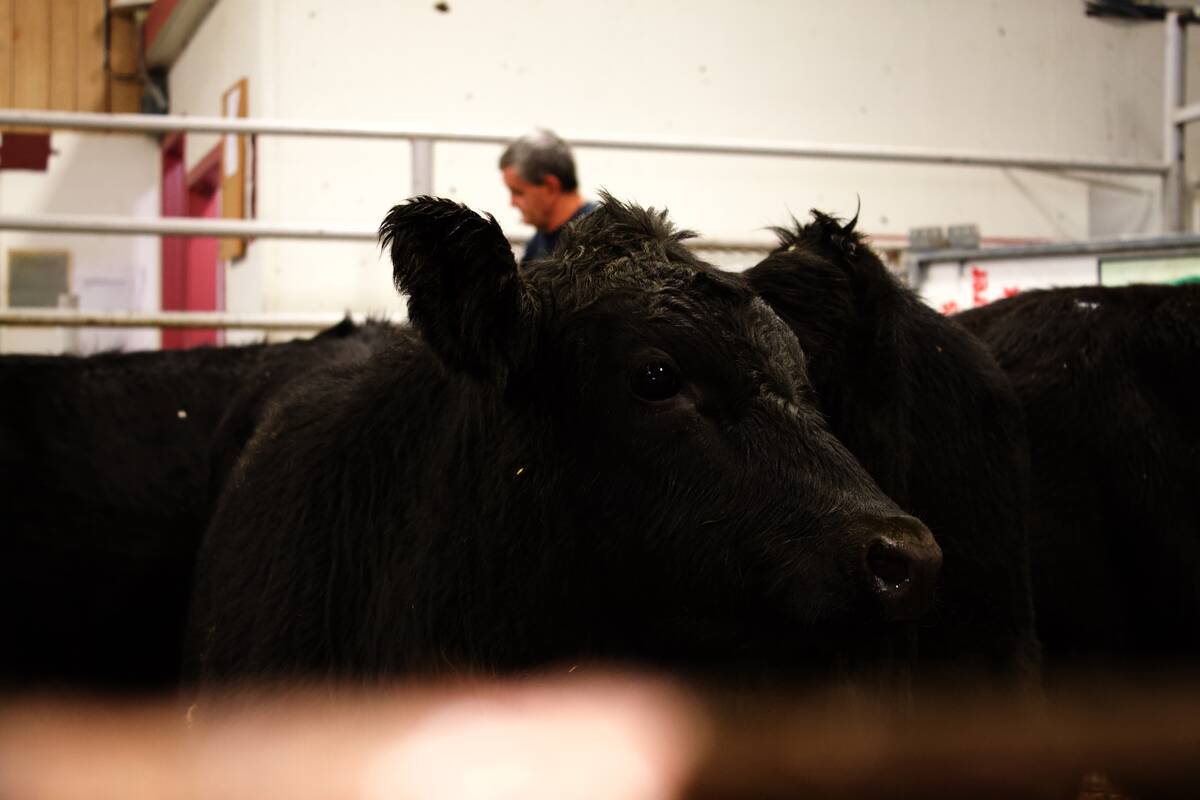Front-month Chicago Board of Trade (CBOT) soybean futures rose on Thursday due to strong nearby demand for physical supplies from U.S. crushers, traders said.
“It is all bull spreading right now,” said Chad Henderson, grain market adviser with Prime Agricultural Consultants. “It really has to do with the stronger cash basis on beans. The old saying that cash is king is true here today.”
Deferred soybean contracts were weaker at the CBOT, pressured by ideas that delays in corn planting around the U.S. Midwest could lead to more soy acres being seeded.
Read Also

U.S. livestock: Cattle rally, hogs rise
Chicago cattle rallied on Monday. Lean hogs also rose. Most-active April live cattle futures closed at 239.525 cents a pound,…
Corn futures edged higher, also due to strength in the cash markets. Wheat also was firm, with Kansas City Board of Trade (KCBT) hard red winter contracts leading the complex due to a cold snap in the Plains raising the risk of damage to an already-stressed crop.
Slow country movement of both corn and soybeans led to the bull-spreading in both commodities.
CBOT May soybeans settled up 9-1/4 cents at $14.02 a bushel, the front-month contract’s first close above $14 since the end of March (all figures US$). The new-crop November contract dropped 10-3/4 cents to $12.26-3/4 a bushel.
The market was still digesting the U.S. Agriculture Department (USDA) report issued on Wednesday that painted a bearish picture of global supplies but also reinforced expectations for tight U.S. stocks persisting until harvesting of corn and soybeans in the fall.
“Stocks are still tight,” said Dewey Strickler, president of AgWatch Market Advisors. “Even though they were raised, they were not raised as much as trade thought they were going to be. That is what is supporting the corn market.”
CBOT May corn settled 2-1/4 cents higher at $6.51-1/4 a bushel.
CBOT May wheat gained one cent to $6.97-3/4 a bushel. KCBT May hard red winter wheat futures rose 8-3/4 cents to $7.38-3/4 a bushel.
Agronomists said wintry weather this week probably damaged a portion of the hard red winter wheat crop in Kansas and Oklahoma, two top U.S. producers. Drought has taken a toll on the winter wheat crop that has broken away from its winter dormant or hibernation status and is now growing, leaving it vulnerable to harm from cold weather or another spate of dryness.
Temperatures dropped to a range of 18 to 22 F in the western quarter of Kansas and the northwest panhandles of Texas and Oklahoma, said John Dee, meteorologist for Global Weather Monitoring.
— Mark Weinraub covers the grain futures markets for Reuters in Chicago. Additional reporting for Reuters by Sam Nelson in Chicago.















